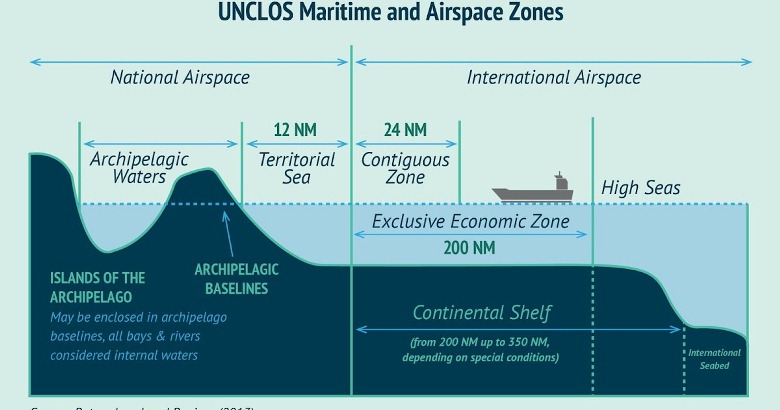900 319 0030
enquiry@shankarias.in
What is the issue?
Recently, a Latvian ship was intercepted by Norwegian coast guards while crab fishing around Svalbard and received a hefty fine.
What are the contrasting opinions?
What might be the real issue behind?
What is The Law of the Sea Convention?
